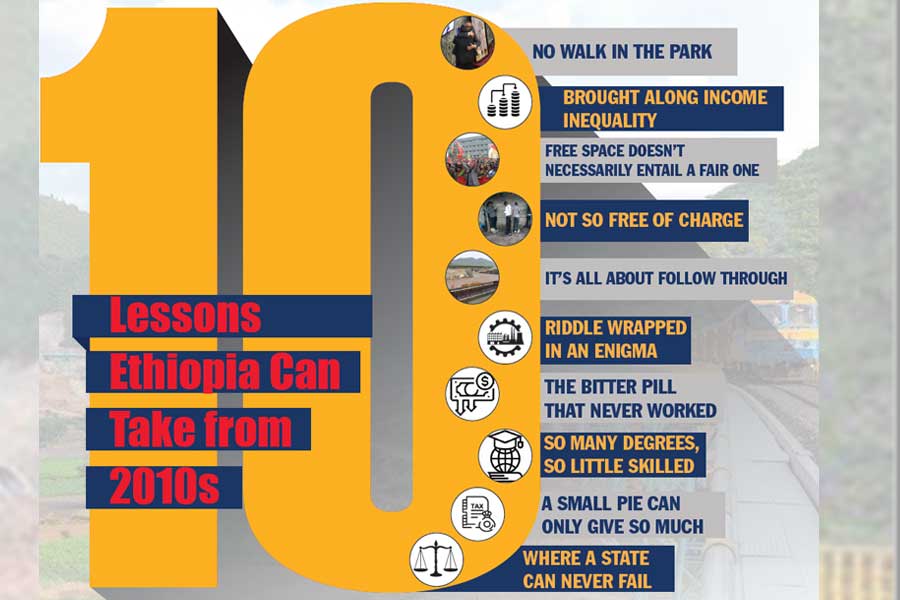
Navigating bureaucracy often feels like moving through a labyrinth, where logic falters and clarity dissolves. The rules change with baffling frequency, and what once made sense quickly becomes irrelevant. Frustration builds not only from inefficiency but also from the emotional toll of chasing paperwork through systems that seem designed to resist resolution. Procrastination in such an environment becomes more than a personal flaw, it becomes a liability.
Hard lessons have revealed the cost of delaying official tasks, especially documentation and registration. Putting things off, even momentarily, frequently spirals into compounded complications. Lost paperwork, misplaced files, and chaotic retrieval efforts turn minor tasks into major crises. These challenges expose the fragile relationship between personal habits and systemic dysfunction.
The dynamic nature of administrative regulations adds yet another layer of difficulty. Permissible actions today may fall afoul of new rules tomorrow, catching even the well-intentioned off guard. This reality underscores the urgency of acting swiftly, rather than waiting for deadlines to approach. Being ahead of bureaucratic demands has become less a matter of efficiency and more a strategy for survival.
Consider the case of birth certificates, often delayed until the child nears school age. Many parents, like myself, wait years to apply, by which time original hospital records may be lost or incomplete. This avoidable delay frequently results in drawn-out and stressful application processes. Securing such documents immediately would preserve vital records and reduce the likelihood of future complications.
A similar mistake marked the retrieval of my university degree. I postponed the task for years, only to face long queues, misplaced records, and endless frustrations. What should have been a simple process turned into a series of complaints and wasted visits. This experience reinforced the principle that administrative obligations demand prompt attention.
In Addis Abeba, identification requirements have recently become more convoluted. New policies now require both the traditional Kebele ID and the digital Fayda ID for basic services. This contradicts the original purpose of the Fayda system, which was meant to consolidate identification processes. The requirement to present both has deepened confusion and undermined faith in digital reform.
Inconsistencies extend beyond identification and into financial transactions. While officials promote a shift towards cashless payments, several offices still insist on cash-only policies. This contradiction creates logistical headaches for residents who try to comply with modern reforms. The absence of consistent implementation leaves citizens stranded between two irreconcilable systems.
Institutional inefficiency further compounds the problem. Taking time off work to finalise documentation, only to discover that receipts have run out or forms are unavailable, reflects a startling disregard for people’s time. Offering stamped notices or temporary letters of acknowledgement could ease such burdens. Small measures would enhance both efficiency and public goodwill.
Though these offices must operate within legal frameworks, the absence of practical adjustments remains puzzling. Citizens are expected to comply meticulously, while institutions often display minimal flexibility. This rigid attitude suggests a disconnect between policy and reality. It leaves one questioning whether rules serve the public or simply maintain bureaucratic inertia.
More troubling is the contrast between this inflexibility and the leniency shown toward larger infractions. Petty rules are enforced with unwavering rigidity, while institutional corruption or negligence often escapes scrutiny. This inconsistency breeds mistrust and further erodes confidence in public systems. A shift in priorities could go a long way in restoring credibility and fairness.
Though initial encounters with these obstacles sparked intense frustration, they also prompted reflection. Realising that external inefficiencies lie beyond my control helped redirect focus to what can be changed. The deeper lesson emerged not in anger, but in understanding the value of promptness and responsibility. Acting early has proven to be the most reliable defence against bureaucratic turmoil.
PUBLISHED ON
[ VOL
, NO
]

View From Arada | Jul 10,2021

My Opinion | Jun 15,2024

Editorial | Oct 15,2022

Editorial | Jul 10,2021

Sunday with Eden | Sep 21,2019

Fortune News | Jan 05,2020

Viewpoints | Aug 22,2020

Viewpoints | May 24,2025

Commentaries | Jul 18,2021

Commentaries | Nov 13,2021

Photo Gallery | 178881 Views | May 06,2019

Photo Gallery | 169080 Views | Apr 26,2019

Photo Gallery | 159938 Views | Oct 06,2021

My Opinion | 137122 Views | Aug 14,2021
Commentaries | Oct 25,2025

Dec 22 , 2024 . By TIZITA SHEWAFERAW
Charged with transforming colossal state-owned enterprises into modern and competitiv...

Aug 18 , 2024 . By AKSAH ITALO
Although predictable Yonas Zerihun's job in the ride-hailing service is not immune to...

Jul 28 , 2024 . By TIZITA SHEWAFERAW
Unhabitual, perhaps too many, Samuel Gebreyohannes, 38, used to occasionally enjoy a couple of beers at breakfast. However, he recently swit...

Jul 13 , 2024 . By AKSAH ITALO
Investors who rely on tractors, trucks, and field vehicles for commuting, transporting commodities, and f...

Oct 25 , 2025
The regulatory machinery is on overdrive. In only two years, no fewer than 35 new pro...

Oct 18 , 2025
The political establishment, notably the ruling party and its top brass, has become p...

Oct 11 , 2025
Ladislas Farago, a roving Associated Press (AP) correspondent, arrived in Ethiopia in...

Oct 4 , 2025
Eyob Tekalegn (PhD) had been in the Governor's chair for only weeks when, on Septembe...

Oct 25 , 2025 . By YITBAREK GETACHEW
Officials of the Addis Abeba's Education Bureau have embarked on an ambitious experim...

Oct 26 , 2025 . By YITBAREK GETACHEW
The federal government is making a landmark shift in its investment incentive regime...

Oct 29 , 2025 . By NAHOM AYELE
The National Bank of Ethiopia (NBE) is preparing to issue a directive that will funda...

Oct 26 , 2025 . By SURAFEL MULUGETA
A community of booksellers shadowing the Ethiopian National Theatre has been jolted b...